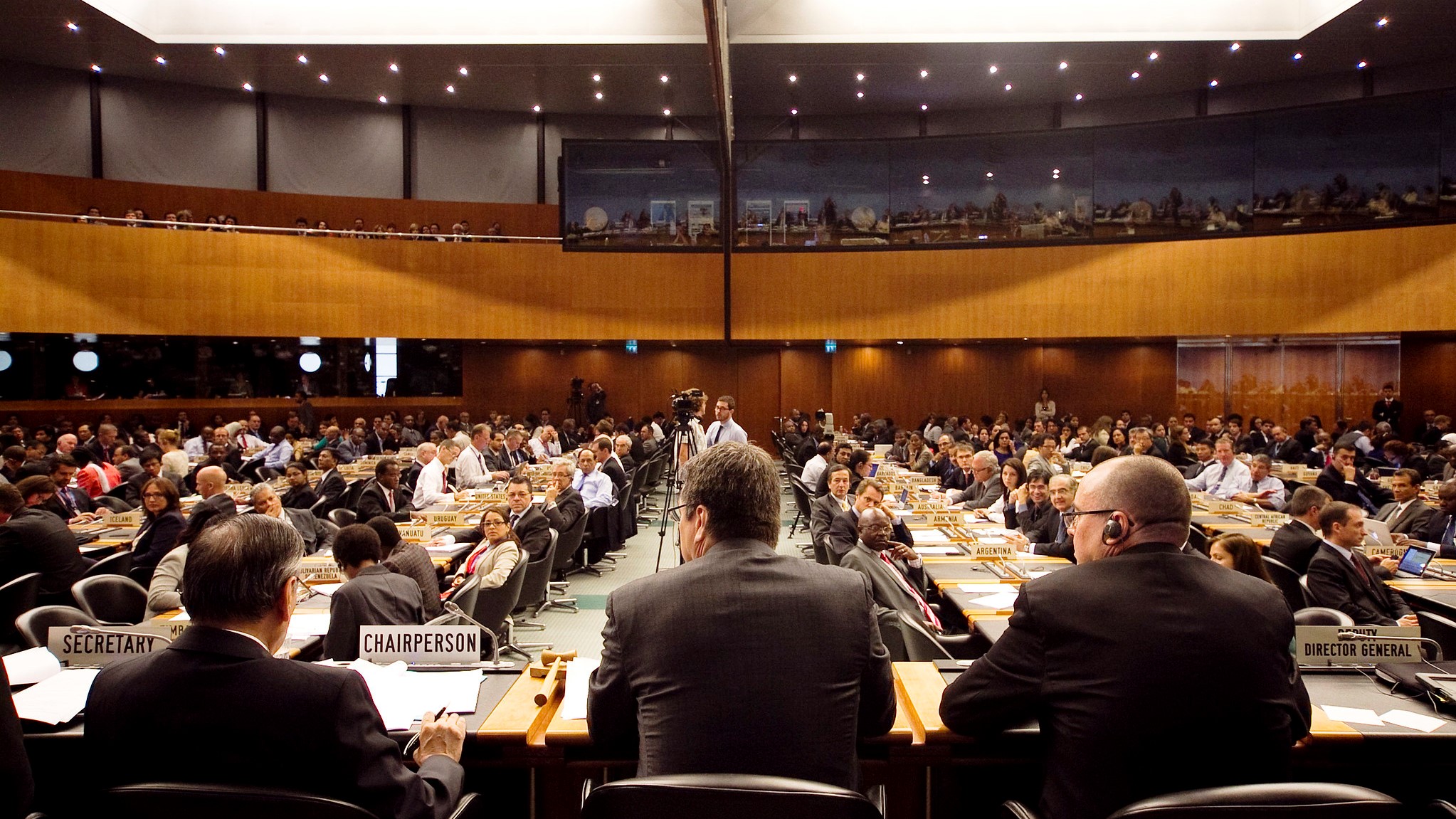Challenges and limitations
The honest broker role is perhaps the most important role the DG can play. When factions are at the doorstep of agreement but remain divided on a narrow issue, a neutral third party can sometimes help to bridge a small gap. But the role is not determinative and is certainly less relevant when the divides are deep and fundamental.
In terms of the most important challenges currently facing the WTO, the list of things the DG cannot do is substantial.
The DG cannot commence a new round of multilateral trade negotiations – or even more narrowly focused sectoral negotiations (only the members can do that). And more to the point, if such negotiations were launched, she could do little to erase the very significant differences that have frustrated the successful conclusion of comprehensive rounds such as Doha and even far less ambitious sectoral negotiations.










